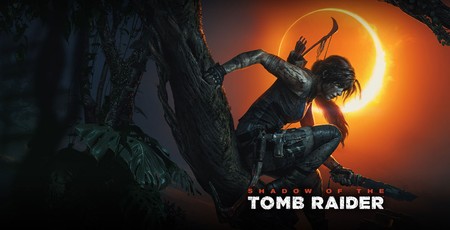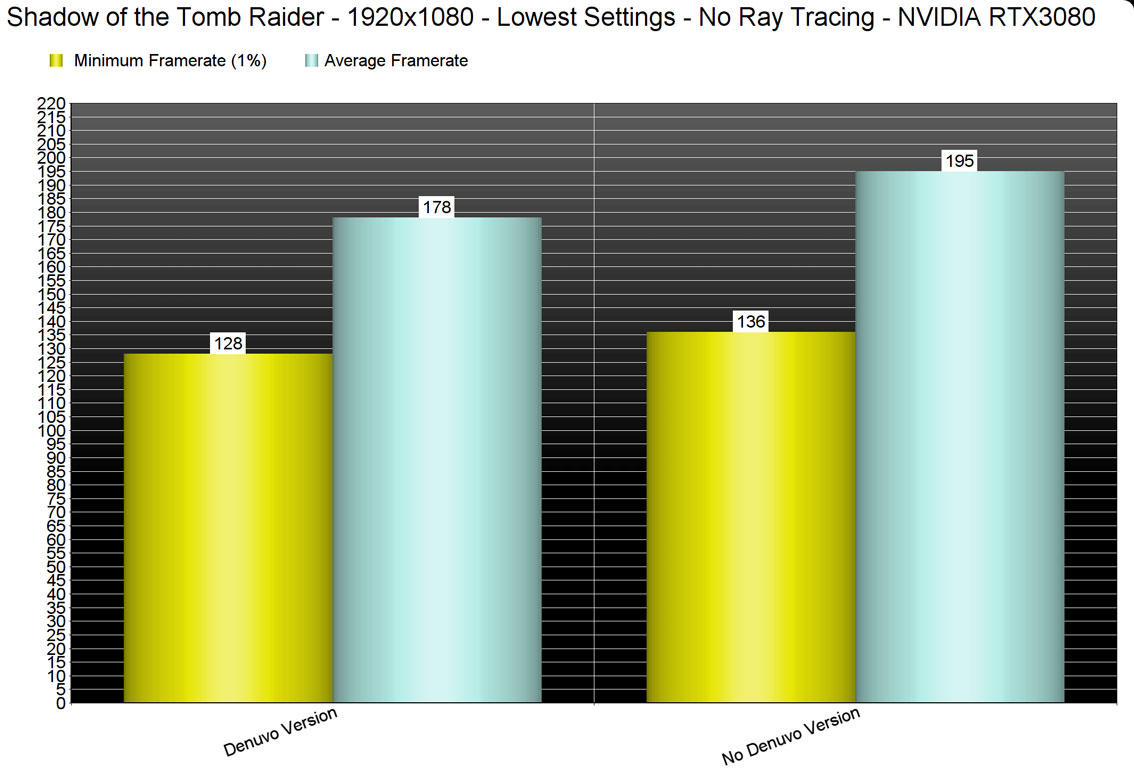Gadgets
Shadow of the Tomb Raider gets Denuvo removal boost

After being on the market for some time, Shadow of the Tomb Raider (SOTTR) seems to be parting ways with Denuvo as Square Enix and Crystal Dynamics make a decision to remove the anti-tamper tech. Bit-Tech previously reported on the cost of using Denuvo Anti-Tamper technology, and it appears that the balance between game sales revenue and the cost of anti-tamper tech rental is now being reconsidered.
The Dark Side of Gaming recently observed the removal of Denuvo from SOTTR and conducted performance tests to compare the Denuvo-protected version with the newly released version without the anti-tamper tech. Many users have complained about Denuvo consuming CPU resources, although publishers have downplayed its impact. Testing different versions of the game helps to uncover the truth.
It is worth noting that the updated Denuvo-free version of SOTTR has been removed from Steam but can still be accessed in the beta build section of the store. DSOG tested both versions of the game on a PC with the following specifications:
- Intel i9 9900K processor,
- Nvidia GeForce RTX 3080 GPU,
- 16GB of DDR4 system RAM at 3,600Mhz,
- Windows 10 64-bit, using the GeForce 496.13 driver.
Tests were conducted on SOTTR at both 1080p/Highest Settings (without Ray Tracing or DLSS) and 1080p/Lowest Settings using the built-in benchmark to assess any differences. DLSS was not utilized as patch notes indicated improvements between versions with and without Denuvo. No other optimizations were mentioned for the version without anti-tamper tech.

DSOG found that the most significant changes in frame rates occurred when using lower settings, with an average difference of 17fps observed. Additionally, with Hyper-Threading (HT) disabled, a difference of 30fps was noted.
These findings suggest that Denuvo does have an impact on CPU performance, affecting game performance, especially for those with older processors or systems without HT. Reports have also suggested that Nvidia drivers may have an overhead that affects lower-power PC systems, which could be a contributing factor when HT is disabled.
-

 Destination8 months ago
Destination8 months agoSingapore Airlines CEO set to join board of Air India, BA News, BA
-

 Breaking News10 months ago
Breaking News10 months agoCroatia to reintroduce compulsory military draft as regional tensions soar
-

 Gadgets3 months ago
Gadgets3 months agoSupernatural Season 16 Revival News, Cast, Plot and Release Date
-

 Tech News12 months ago
Tech News12 months agoBangladeshi police agents accused of selling citizens’ personal information on Telegram
-

 Productivity11 months ago
Productivity11 months agoHow Your Contact Center Can Become A Customer Engagement Center
-

 Gadgets3 weeks ago
Gadgets3 weeks agoFallout Season 2 Potential Release Date, Cast, Plot and News
-

 Breaking News10 months ago
Breaking News10 months agoBangladesh crisis: Refaat Ahmed sworn in as Bangladesh’s new chief justice
-

 Toys12 months ago
Toys12 months ago15 of the Best Trike & Tricycles Mums Recommend






















